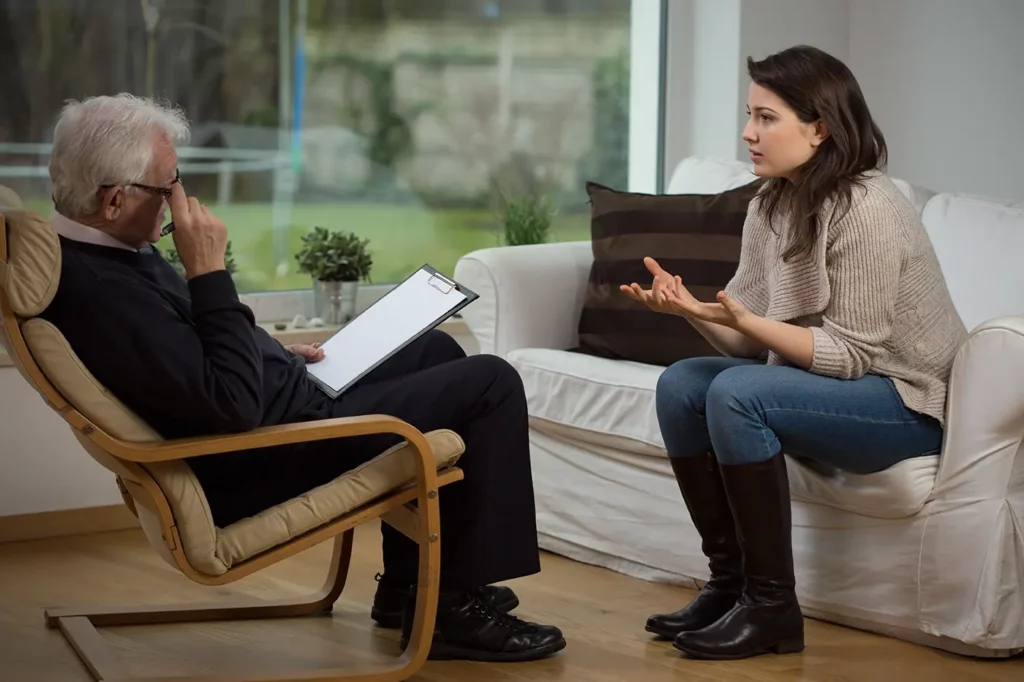24/7 Helpline:
(866) 899-221924/7 Helpline:
(866) 899-2219
Learn more about PTSD Rehab centers in Blencoe
PTSD Rehab in Other Cities

Other Insurance Options

Carleon

WellPoint

Health Partners

Self-pay options

Evernorth

Ceridian

Oxford

BlueShield

Magellan

MHNNet Behavioral Health

Meritain

Magellan Health

Absolute Total Care

Amerigroup

GEHA

United Health Care

Horizon Healthcare Service

UMR

AllWell

WellCare Health Plans






Burgess Health Center – Mental Health
Burgess Health Center – Mental Health is a private rehab located in Onawa, Iowa. Burgess Health Cent...

Lakeland Mental Health Center – Moorhead
Lakeland Mental Health Center – Moorhead is a private rehab located in Moorhead, Minnesota. Lakeland...

Gull Harbour
Gull Harbour is an Intensive Residential Treatment Services (IRTS) program. It includes time-limited...

Maple Mountain Recovery
Maple Mountain Recovery provides a full continuum of holistic addiction treatment for adults in Mapl...




















Jackson Recovery Center – 10th Street
Jackson Recovery Center - 10th Street offers outpatient treatment for adolescents with alcohol and/o...

Anchorage
Anchorage is a private rehab located in Moorhead, Minnesota. Anchorage specializes in the treatment ...

Solutions Behavioral Healthcare Professionals
Solutions Behavioral Healthcare Professionals is a private rehab located in Moorhead, Minnesota. Sol...













































